For what reason was fifteenth August picked as the Independence Day of India? Did You Know This Facts About Indian Independence Day
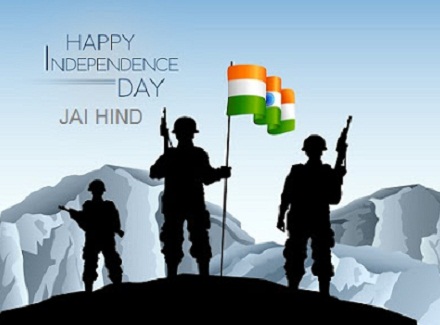
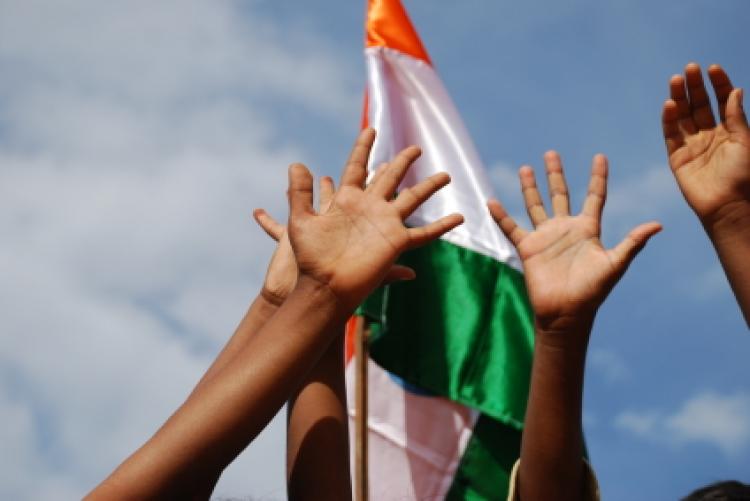
Freedom Day is every year celebrated on fifteenth August, as a national occasion in India remembering the country's autonomy from the United Kingdom on 15 August 1947, the UK Parliament passed the Indian Independence Act 1947 exchanging authoritative power to the Indian Constituent Assembly.
India still held King George VI as head of state until its change to the full republican constitution. India achieved opportunity following the Independence Movement noted for by and large tranquil deterrent and normal disobedience drove by the Indian National Congress (INC). Self-governance orchestrated with the bundle of India, in which British India was separated along religious lines into the Dominions of India and Pakistan; the portion was joined by harsh swarms and mass misfortunes, and the expulsion of just about 15 million people on account of religious viciousness. On 15 August 1947, the principle Prime Minister of India, Jawaharlal Nehru raised the Indian national standard over the Lahori Gate of the Red Fort in Delhi. On each following Independence Day, the inhabitant Prime Minister, for the most part, raises the pennant and gives a convey to the nation.[1]
The event is observed every single through Indium with flag lifting administrations, walks, and social events. This is a national event
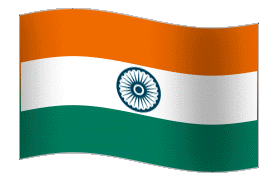
What Most People Want To Know. You May Know Now Here
For what reason was fifteenth August picked as the Independence Day of India?
Indian Independence Day was chosen by the last Viceroy and first Governor General of India - Louis Mountbatten. He Chose August 15 since it was that day that Japan surrendered in 1945 toward the finish of World War II.
How long has it been since India got its freedom?
It has been a long time since the day India denoted its first Independence Day on the fifteenth of August, 1947.
Which nation observes Independence Day on 15 August?
Korea, Congo, Liechtenstein, and India praise their Independence Day on August 15. On August 15, 1948, the Republic of Korea was built up south of the 38th parallel. August 15 is commended freedom day on Korea. On August 15, 1960, the Republic of Congo proclaimed its Independence from France
For what reason did India get an opportunity at midnight?
In July 1947, the British Parliament passed the Indian Independence Act, 1947 and it got the Royal assent. August fifteenth - Lord Mountbatten, the Viceroy around at that point, though this date as lucky for himself. It was that day in 1945(15th August), that the Japanese forces surrendered before him in.
For what reason is it critical to sing the national song of devotion?
The national song of praise is about an edgy battle that occurred amid the War of 1812. The verses portray the scholars' feelings as he watched this fight through the security of a British warship. On September 13, 1814, Francis Scott Key was ready a British naval force ship to arrange the arrival of a private national.
Indian Activist: Mahatma Gandhi
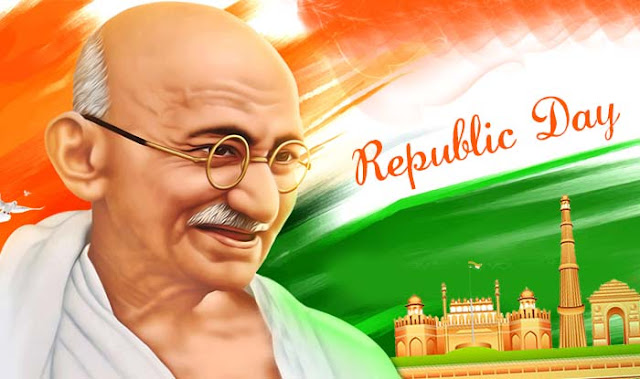
October 1869 – 30 January 1948) was an Indian lobbyist who was the pioneer of the Indian flexibility improvement against British run the show. Using quiet normal rebellion, Gandhi drove India to self-governance and moved improvements for social freedoms and adaptability over the world. The honorific Mahātmā (Sanskrit: "high-souled", "venerable")[4] – associated with him first in 1914 in South Africa[5] – is presently used far and wide. In India, he is in like manner called Bapu (Gujarati: fascinate for father,[6] Papa[6][7]) and Gandhi Ji, and known as the Father of the Nation.[8][9]
Raised in a Hindu seller rank family in beachfront Gujarat, India, and arranged in law at the Inner Temple, London, Gandhi at first used quiet regular resistance as a shun lawful counsel in South Africa, in the tenant Indian society's fight for social correspondence. After his entry in India in 1915, he starts dealing with specialists, farmers, and urban laborers to challenge preposterous land-cost and isolation. Expecting activity of the Indian National Congress in 1921, Gandhi drove the nation over campaigns for various social causes and for achieving Swaraj or self-run the show.
Gandhi comprehensively drove Indians in testing the British-constrained salt obligation with the 400 km (250 mi) Dandi Salt March in 1930 and later in requiring the British to Quit India in 1942. He was kept for quite a while, upon various occasions, in both South Africa and India. He lived unassumingly in an autonomous private system and wore the standard Indian dhoti and shawl, woven with yarn hand-spun on a charkha. He ate essential veggie lover sustenance and moreover endeavored long fasts as a technique for both self-cleaning and political dispute.
Gandhi's vision of a self-ruling India in light of religious pluralism, nevertheless, was tried in the mid-1940s by another Muslim patriotism which was asking for an alternate Muslim nation cut out of India.[10] Eventually, in August 1947, Britain permitted opportunity, be that as it may, the British Indian Empire[10] was allocated into two areas, a Hindu-larger part India and Muslim-bigger part Pakistan.[11] As many ousted Hindus, Muslims, and Sikhs progressed toward their new landscapes, religious viciousness broke out, especially in the Punjab and Bengal. Avoiding the official celebration of independence in Delhi, Gandhi visited the affected domains, attempting to give comfort.
Let's Come to sing the national song of devotion
Jana-gana-mana-adhinayaka jaya he
Bharata-bhagya-vidhata
Panjaba-Sindhu-Gujarata-Maratha
Dravida-Utkala-Banga
Vindhya-Himachala-Yamuna-Ganga
uchchala-jaladhi-taranga
Tava Subha name jage, tave subha asisa mage,
gahe tava jaya-gatha.
Jana-gana-mangala-dayaka jaya he
Bharata-bhagya-vidhata.
Jaya he, Jaya he, Jaya he,
jaya jaya jaya jaya he.
In Hindi
जन-गण-मन अधिनायक जय हे भारत भाग्य विधाता । पंजाब-सिन्धु-गुजरात-मराठा, द्राविड़-उत्कल-बंग विंध्य[a] हिमाचल यमुना गंगा, उच्छल जलधि तरंग तब[b] शुभ नामे जागे, तब[c] शुभ आशिष मांगे गाहे तब[d] जय गाथा । जन-गण-मंगलदायक जय हे, भारत भाग्य विधाता । जय हे, जय हे, जय हे, जय जय जय जय हे ।

Jana Gana Mana - English Translation
Thou craftsmanship the leader of the brains surprisingly,
The allocator of India's fate.
Thy name rouses the hearts of Punjab, Sindhu,
Gujarat and Maratha,
Of the Dravida and Orissa and Bengal;
It echoes in the slopes of the Vindhyas and Himalayas,
blends in the music of Jamuna and Ganges and is
droned by the influxes of the Indian Sea.
They petition God for thy endowments and sing thy applaud.
The sparing surprisingly holds up in thy hand,
Thou gadget of India's predetermination.
Triumph, triumph, triumph to thee.
Rabindranath Tagore
The sonnet was first sung on the second day of the yearly session of the Indian National Congress in Calcutta on December 27, 1911, and again in January 1912 at the yearly occasion of the Adi Brahmo Samaj.[7][8] Though the Bengali melody had been composed in 1911,[7] it was to a great extent obscure but to the perusers of the Adi Brahmo Samaj diary, Tattwabodhini Patrika, of which Tagore was the editorial manager.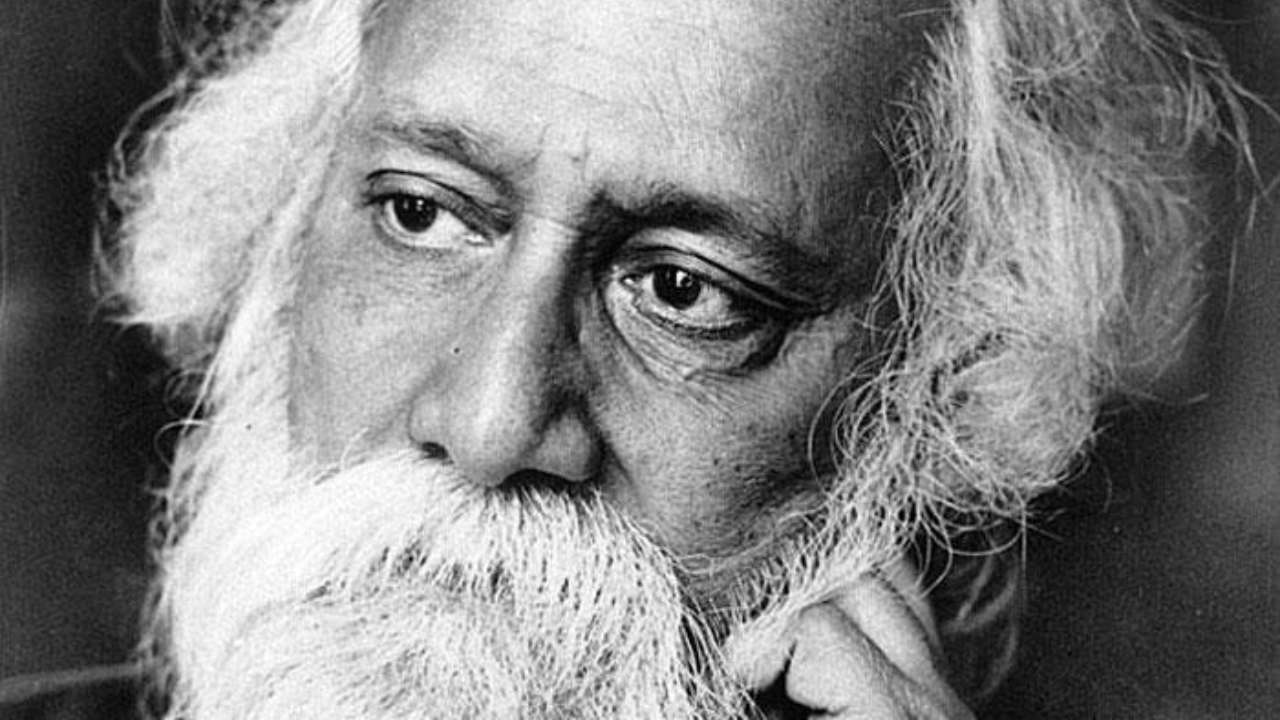
Melody was performed by Sarala Devi Chowdhurani, Tagore's niece, alongside a gathering of school understudies, before conspicuous Congress Members like Bishan Narayan Dhar, Indian National Congress President, and Ambika Charan Majumdar.
In 1912, the tune was distributed under the title Bharat Bhagya Bidhata in the Tatwabodhini Patrika, which was the official production of the Brahmo Samaj and of which Tagore was the Editor.
Outside of Calcutta, the tune was first sung by the poet himself at a session in Besant Theosophical College in Madanapalle, Andhra Pradesh on February 28, 1919, when Tagore visited the school and sung the melody. The tune excited the undergrads while Margaret Cousins, at that point bad habit vital of the school (likewise a specialist in European music and spouse of Irish artist James Cousins), both asked for Tagore to make an English interpretation of the melody and set down the melodic documentation to the national hymn, which is taken after just when the tune is sung in the first moderate version style. Tagore properly made an interpretation of the work into English while at the school on February 28, 1919, titled Wikisource connect to The Morning Song of India. Wikisource... The school received Tagore's interpretation of the tune as their supplication melody which is sung till today.
On the event of India accomplishing flexibility, the Indian Constituent Assembly gathered out of the blue as a sovereign body on August 14, 1947, midnight and the session shut with a consistent execution of Jana Gana Mana.
The individuals from the Indian Delegation to the General Assembly of the United Nations held at New York in 1947 gave a chronicle of Jana Gana Mana as the nation's national song of devotion. The tune was played by the house ensemble before a get-together comprising of agents from everywhere throughout the world.
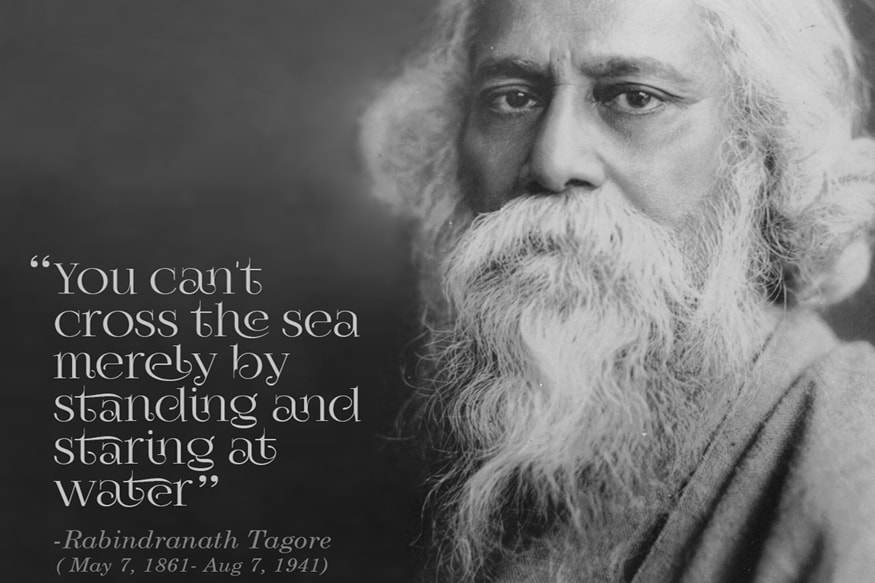
Download The Songs From http://bit.ly/2KRl2MK
More Over Like This One,
Follow Our Blogger Now Here
You Have Many Ways To Reach Out To Us
Welcome Here
Facebook and facebook page
Tweeter
Google+
Youtube
Thanks For Visiting Here
Want Any Thing More Which We Can't Give
Please Contact Us Here
Have A Nice Day
See U................

Comments
Post a Comment
Hi! Remember to keep comments respectful